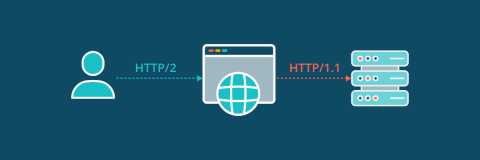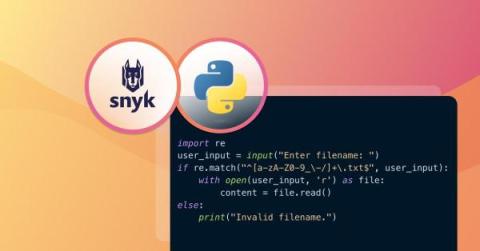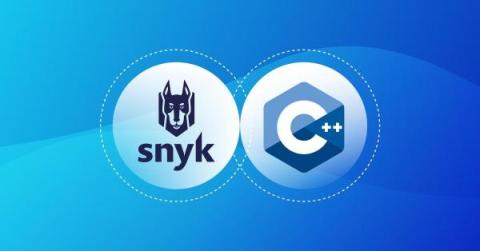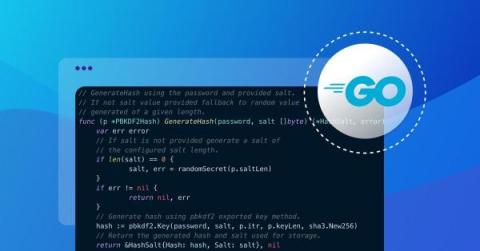Security | Threat Detection | Cyberattacks | DevSecOps | Compliance
Latest News
CVE-2023-22523, CVE-2022-1471, CVE-2023-22524, and CVE-2023-22522: Four Critical RCE Vulnerabilities Impacting Multiple Atlassian Products
CVE-2023-49103, CVE-2023-49104, and CVE-2023-49105: Multiple Critical Vulnerabilities in ownCloud
Adobe ColdFusion Vulnerability: SafeBreach Coverage for US-CERT Alert (AA23-339A)
On December 5th, the Cybersecurity and Infrastructure Security Agency (CISA) released an advisory that confirmed the exploitation of CVE-2023-26360 at a Federal Civilian Executive Branch (FCEB) agency by unknown threat actors. Exploiting this vulnerability allowed threat actors to gain access to the FCEB agency network on two separate occasions in June 2023.
Request smuggling and HTTP/2 downgrading: exploit walkthrough
During a recent penetration test on a customer application, I noticed weird interactions between the web front-end and back-end. This would eventually turn out to be a vulnerability called HTTP request smuggling, enabled by the fact that the front-end was configured to downgrade HTTP/2 requests to HTTP/1.1. With the help from my colleague Thomas Stacey, we were able to construct an exploit chain with response queue desynchronization along with traditional HTTP/1.1 request smuggling techniques.
Code injection in Python: examples and prevention
As software becomes increasingly integral to our professional and personal lives, the need to protect information and systems from malicious attacks grows proportionately. One of the critical threats that Python developers must grapple with is the risk of code injection, a sophisticated and often devastating form of cyberattack.
CVE-2023-41998, CVE-2023-41999, and CVE-2023-42000: Multiple Arcserve UDP Vulnerabilities Patched
Accelerate C/ C++ security with Snyk
Securing C/C++ applications has been a massive challenge historically. Until today, many organizations using C/C++ have had to rely on a niche, single-language tool that, while decent at finding vulnerabilities, requires code to be compiled before scanning, slows down developers with clunky integrations, and provides vulnerability alerts that do not help developers to remediate the issue.
Secure password hashing in Go
User credentials are the information required to authenticate a user's identity and grant them access to a system or application. Typically, this includes a username or email address and a password. While a username can be stored as plaintext in a database, sensitive information like email addresses or passwords should not. If a malicious actor gains access to your database where you store this information, you don't want to hand over this information to them easily.










